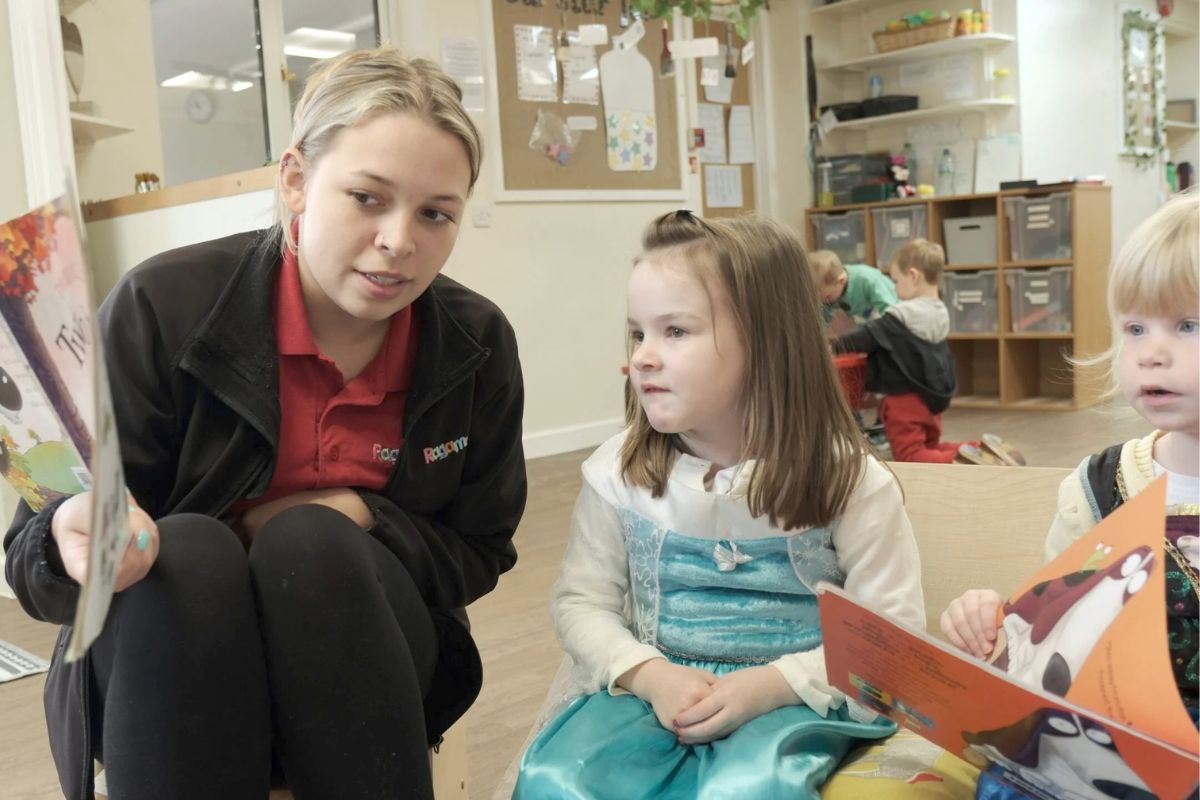Detailed guide: Brexit: no deal preparations for local authority children’s services in England

Advice to local authority children’s services in England on how to prepare in the event that the UK leaves the EU without a deal.
As a local authority, you may need to make changes to your usual processes if there’s a no-deal Brexit.
Stay up to date
This page tells you what to do if there’s a no-deal Brexit. It will be updated if anything changes, including if a deal is agreed.
Sign up for email alerts to get the latest information.
This guidance is intended to:
- supplement the tools and resources issued bycentral government to local authorities to prepare for Brexit
- draw together existing guidance into one place for ease of reference
Local authorities should:
- make sure you have considered the potential effects of Brexit, including the management and resourcing of casework
- carry out local risk assessments where necessary
- make sure service providers, including any supporting children in out-of-area placements, are aware of potential issues as soon as possible, and ensure contingency plans are in place and up-to-date
You should already be working with partners in Local Resilience Forums to assess and plan for the possible effects of Brexit where necessary, considering arrangements are in place to enable continuity of service in the event of any localised travel disruption.
Right to live and work in the UK for employees in children’s services
Inform any staff who are EU, EEA or Swiss citizens that they need to apply to the EU Settlement Scheme to continue living in the UK after 2020. Read the guidance on EU Settlement Scheme to find out who needs to apply.
Use the toolkit for employers to help your employees.
Irish citizens
Irish citizens’ right to live in the UK will not change after the UK has left the EU. They do not need to apply for the EU Settlement Scheme, but any family members who are not Irish or British citizens will need to apply.
Read the Common Travel Area Guidance for more information.
Staff and apprentices from the EU arriving after Brexit
Read employing EU, EEA and Swiss citizens and their family members after Brexit to make sure they can work in the UK.
Further information on employment after Brexit is available in guidance on:
Social workers: mutual recognition of professional qualifications
Social workers with EU, EEAEFTA or Swiss qualifications, which are recognised by a UK regulator, can continue to work as a social worker.
However, the current system of reciprocal recognition of professional qualifications for social workers will not apply after Brexit.
If social workers have begun an application before we leave the EU, they can continue to complete this under the current system as far as possible.
The UK will ensure that professionals arriving in the UK with EEA and Swiss qualifications after the exit date will have a means to seek recognition of their qualifications.
Looked-after children and EU Settlement Scheme
All looked-after children and care leavers who are EU nationals should apply for the EU Settlement Scheme.
To do this you should:
-
identify which children will need to apply, and offer support to any who need help with identity documentation or other paperwork
-
raise awareness and provide support to parents and carers of EU citizen children accommodated under Section 20 of the Children Act 1989, where needed, or signpost to relevant community support if more appropriate
-
share information with personal advisers supporting care leavers to make their own applications
To support this, you should consider putting in place procedures to check for the existence of a passport or identity card for each child who is subsequently looked after by your authority.
The Home Office has provided guidance to support local authorities in making applications on behalf of eligible children in their care, including guidance on obtaining passports and ID documents.
You may find it helpful to identify a member of staff to lead on the EU Settlement Scheme for children in care and care leavers. Local authorities can share these details by contacting [email protected] to enable future communications, guidance and support.
A toolkit for community leaders is also available to help you.
International child protection
If there’s a no-deal Brexit the EU Regulation on cross border placement of children (commonly known as Brussels IIa) will no longer apply between the UK and EU member states.
Instead local authorities in England will need to use the ‘1996 Hague Protection of Children Convention’, and existing departmental advice on cross-border child protection cases, when handling cases with EU Member States.
Local authorities already use the 1996 Hague Convention for non-EU child protection cases with those countries who have signed up to the Convention. This means that the protection of children across borders will continue after Brexit.
Local authorities should also seek independent legal advice on existing and new cases.
Advice on the placement of looked-after children in EU member states will no longer apply and will be withdrawn if there’s a no-deal Brexit.
Children seeking asylum in the UK
The UK will no longer be part of the Dublin Regulation or associated Common European Asylum System measures if there’s a no-deal Brexit.
In that case, children in another EU member state, with qualifying family in the UK, will not be able to transfer to the UK under the Dublin Regulation to have their asylum claim assessed.
However, as set out in the Withdrawal Act 2018, the UK will continue to seek to negotiate an agreement with the EU to continue to provide a legal route for unaccompanied asylum seeking children to reunite with family members in the UK.
This would replicate the commitment under the Dublin Regulation, which would allow children under 18 to join close family members where this is in their best interests.
The Home Office will continue to consider inward Dublin transfer requests, relating to family reunification, that entered the system before Brexit.
This would apply to any ‘take charge’ requests (where one Dublin state requests another to take responsibility for examining an asylum claim) submitted before the UK leaves the EU.
The role and responsibilities of local authorities for families which have already been reunited under the Dublin Regulation will remain unchanged.
The same applies to families that are reunited under the Dublin Regulation:
-
after the UK leaves the EU
-
if there’s a no-deal Brexit where a take charge request, lodged before exit day, is accepted
Data protection
Local authorities that exchange personal data with partners in other countries, or whose data is hosted in the EU, may need to make changes ahead of the UK leaving the EU to ensure minimal risk of disruption.
It’s important to review whether you would be affected. Those affected should take action now as changes may take some time to implement.
Follow the 6-step guidance that organisations should be taking to prepare for Brexit from the Information Commissioners Office.
You should also read the Ministry of Housing, Communities and Local Government guidance for local authorities on accessing data from the European Economic Area if there’s a no-deal Brexit.
Early years entitlements
Early years entitlements are expected to stay the same.
Further information on access to early years entitlements will be communicated directly with early years local authority leads, with relevant updates for them and the sector.
Food supplies
Contact your food supplier or suppliers if you are coordinating provision on behalf of schools or other settings, to make sure they:
- are planning for the potential impacts of a no-deal Brexit, including:
- ensuring that their secondary suppliers are prepared
- plans to adapt menus to allow for product substitution if necessary
- can continue to meet nutritional standards
- can continue to meet special dietary needs and manage allergies
Local authorities and schools must continue to provide meals to all registered pupils who request one. Where the pupil meets the criteria for free school meals, the meal must be provided, free of charge.
Schools have significant flexibilities within the school food standards, which they can refer to if certain items are in short supply.
Medical supplies
Continue with your normal arrangements for medical supplies to support children with health conditions.
Read the guidance on planning for a possible no-deal Brexit: information for the health and care sector for more information.
Travel disruption
You should have arrangements in place to enable continuity of service in the event of any significant travel disruption.
Published 15 March 2019
Last updated 19 August 2019 + show all updates
- Format updates have been made to highlight actions that people need to take. A link has also been added that allows people to sign up for email alerts to get the latest information about Brexit.
- First published.











Responses